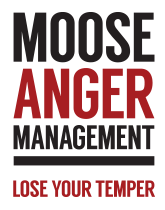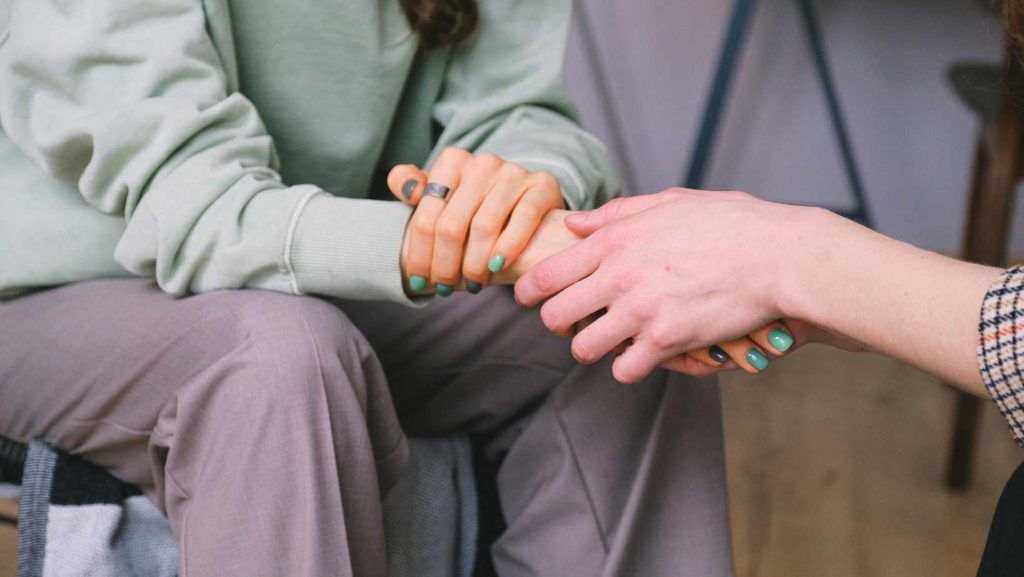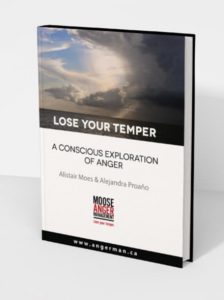Everything We Know About Addiction Is Wrong… And That Might Just Save Us
We’ve been sold a story, a dark, lonely one.
It goes like this: once someone tries a drug, heroin, cocaine, meth… their brain gets hijacked. They’re hooked. It’s all downhill from there. The addiction is in the chemical, the substance, the syringe. And the only way out is punishment, shame, and if they’re lucky, a 12-step program.
But what if that story is dead wrong?
What if the real root of addiction has nothing to do with the drug at all and everything to do with what’s missing in someone’s life?
The Rat That Changed Everything
In the early 20th century, a series of now-infamous experiments were conducted: rats were placed in isolated cages and given access to two water bottles, one laced with drugs, the other plain. Predictably, the rats chose the drug-laced water until it killed them. These experiments shaped our societal narrative: addiction is about chemical hooks, and those who can’t resist are weak.
But in the 1970s, Canadian psychologist Bruce Alexander challenged this assumption with a revolutionary experiment. Instead of isolating the rats, he created “Rat Park” a vibrant, social environment filled with toys, food, space to roam, and other rats to play and mate with. The results were staggering: the rats rarely touched the drugged water. None overdosed.
Same drugs. New environment. Completely different outcome.
Think about that for a second.
The implication? Addiction isn’t just about the substance. It’s about the cage.
Maybe It’s Not About the Drugs. Maybe It’s About the Pain.
Let’s go deeper.
Dr. Gabor Maté put it best: “You’re either trying to stimulate yourself to feel more alive, or numb yourself so you don’t feel the pain.”
That’s what addiction is, at its core, an escape. A survival mechanism. A scream for help from someone who has been starved of connection, safety, meaning.
It’s not a sign of someone being broken. It’s a response to already being broken by life.
The real problem isn’t that someone got high. The problem is why they needed to in the first place.
When we stop pathologizing addicts and instead ask: What happened to you? We begin to see a different picture. One where addiction is not a personal failing, but a collective one.
And here’s the part most people miss: the brain can heal. It can rewire. It can grow new connections. But it needs one thing above all else:
Human connection.
Portugal Tried Something Radical. It Worked.
In 2000, Portugal was drowning in a drug crisis. Overdoses. HIV. Lives unraveling.
Then, in one of the most progressive moves in modern history, they decriminalized all drugs. That’s right, all of them. From weed to heroin.
But they didn’t just stop there. They took all the money they were spending on punishment, and used it to reconnect people, through therapy, job training, housing, micro-loans for small businesses. A full-on social recovery program.
The results?
- Injecting drug use dropped by 50%
- Overdose deaths and HIV rates plummeted
- Recovery rates soared
They didn’t fight drugs. They fought isolation. And they won.
It worked—because they no longer felt alone.
The Three Choices You Have When Someone You Love Is Struggling
When someone you care about is spiraling, it’s agonizing. But there are really only three paths:
1. Set a Boundary
“I love you, but I can’t be around this. It’s too painful for me.”
That’s fair. That’s healthy. That’s allowed.
2. Hold Space Without Trying to Control
“I’m here. I won’t disappear. I won’t force you to change. But my hand is open if you ever want to grab it.”
That’s love, without strings.
3. The Insane Option
“I’ll fix you. I’ll beg, bribe, guilt, shame, threaten, manipulate until you stop.”
That’s not love. That’s fear in disguise. And it doesn’t work.
The truth? People change when they feel safe, not when they feel judged.
Harm Reduction – Compassion in Action
Some people aren’t ready to quit. And that’s okay.
That’s where harm reduction comes in, clean needles, safe injection sites, real talk instead of moral panic. Not because we approve of drug use, but because we want people to live long enough to heal.
Would you rather someone shoot up in an alley with puddle water, or in a sterile, supervised space where they won’t die?
This isn’t about coddling. It’s about keeping people alive.
It’s about saying: You still matter. You’re still human. You’re still worth saving.
So, What If the Opposite of Addiction Isn’t Sobriety?
What if the opposite of addiction is connection?
Not rules. Not willpower. Not punishment. Connection.
- Someone sitting beside you, not to fix you, but to simply say “You’re not alone.”
- A second chance at work, at love, at life.
- A society that stops shaming and starts listening.
Because we’ve built a world where life looks more like an empty cage than Rat Park. And people are self-medicating not to feel good, but to feel less bad.
We don’t need more prisons. We need more parks.
We don’t need more shame. We need more hugs.
We don’t need more punishment. We need more purpose.
Let’s Tell a Better Story
It’s time to stop seeing addiction as a crime, and start seeing it as a clue. A clue that someone is in pain. A clue that someone is isolated. A clue that we, as a society, have work to do.
Because maybe the real cure for addiction isn’t found in a pill or a detox center.
Maybe it starts with a dinner table.
A phone call.
A hand reaching out.
The opposite of addiction isn’t sobriety. It’s connection.
Let’s start there.
If you or someone you care about is navigating addiction, you’re not alone. We offer a safe, compassionate space to begin the journey back to connection. Reach out today to learn more about our support programs.





